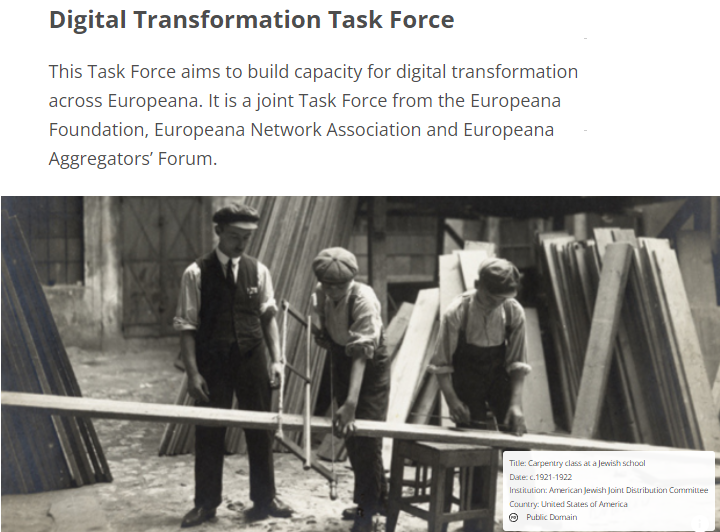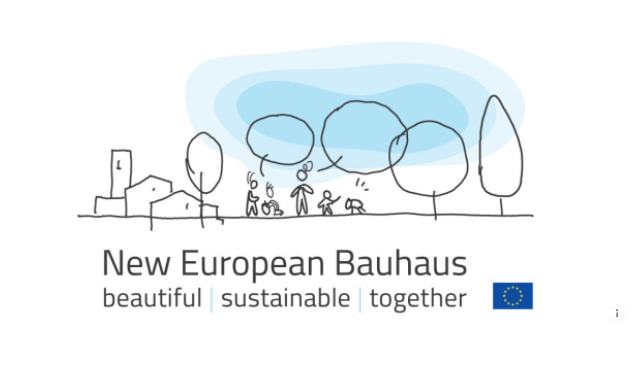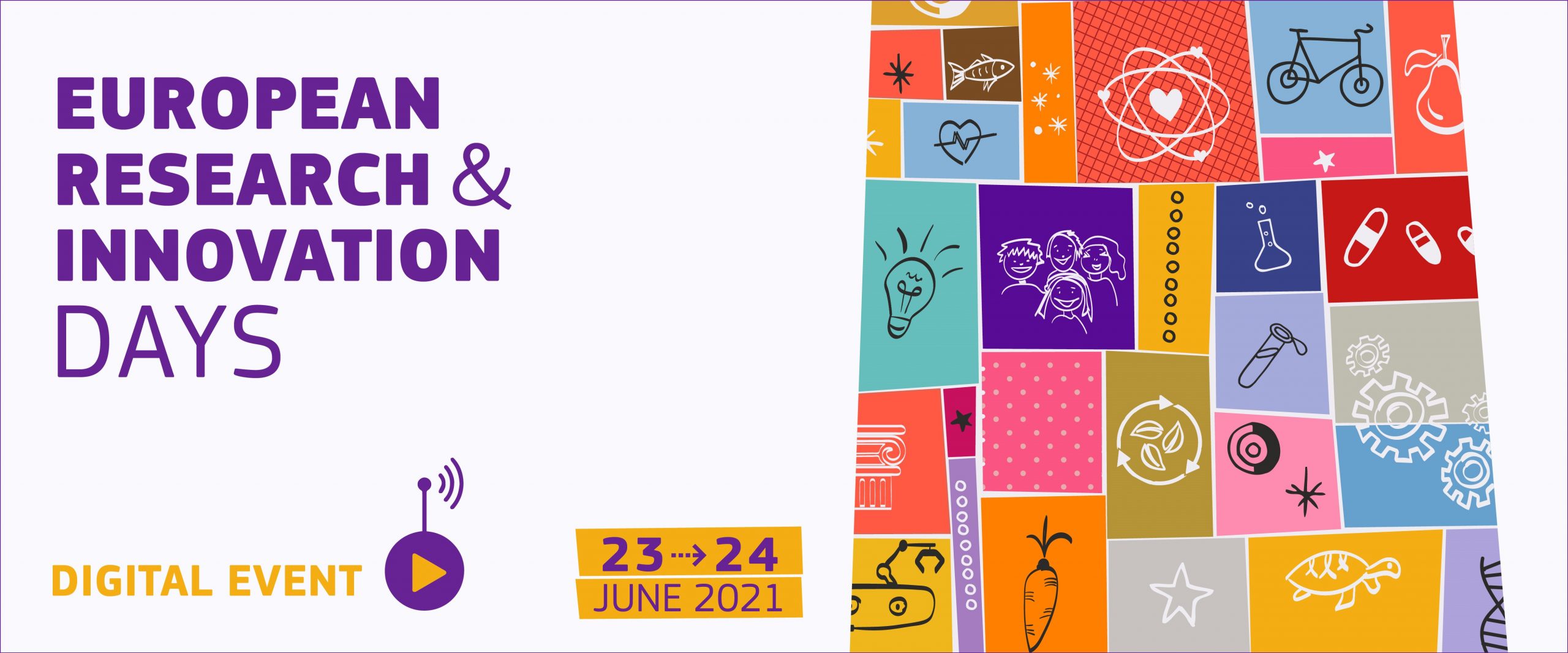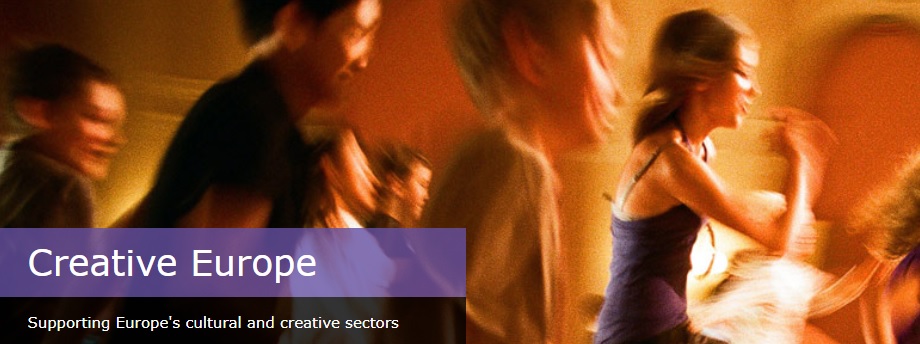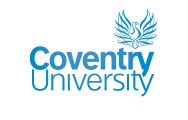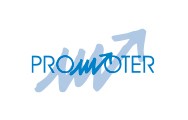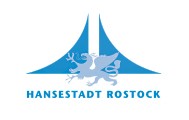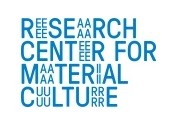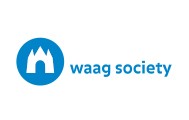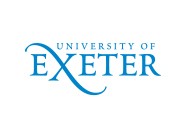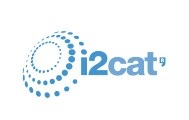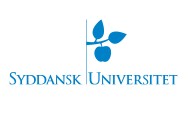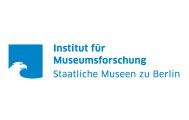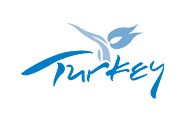-
- MEDIA PARTNER

-
- RELEVANT NEWS from Digitalmeetsculture
-
- RICHES POPULAR TAGS in Digitalmeetsculture
- Amalia Sabiescu Antonella Fresa Brussels co-creation co-creation interview series Coventry University cultural heritage Digital Cultural Heritage digital technologies EC Horizon 2020 i2CAT IPR museums Neil Forbes performance-based CH policy briefs recalibrating relationships RICHES RICHES International Conference social and economic development social cohesion SSH taxonomy of terms and definitions Waag Society
Topic: riches other

11th November, 14.30, at Palazzo Coppini, via del Giglio 10, Florence, Italy. The workshop, whose theme is “Sharing Local Culture through Europeana” will present LoCloud, its on-going activities and results achieved so far, including demonstrations of the services that the project … Continue reading

StoM project commenced on 1st May 2014 and is carried out by a strong consortium committed to develop a commercial pathway for software-as-a-service solutions. Consortium members are leaders in ICT (NET7, IN2, SpazioDati) and business development (Techin and Innova). The services to be developed for commercialisation are based upon a previous research programme successfully conducted in the SemLib project. The aim is to apply semantic annotation and semantic recommendation solutions in two platforms: EventPlace and PunditBrain. Continue reading
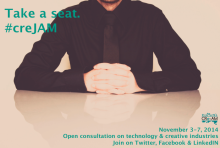
From the 3rd to the 7th of November, the CRe-AM project will host an online debate with its community of technology developers and creative practitioners. Each day during the #creJAM week, we will launch a challenge or ask a question … Continue reading
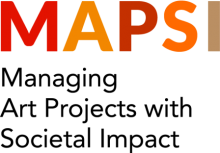
Managing Arts Projects with Societal Impact (MAPSI) refers to a specialisation in management of artistic projects with societal impact and aims to create an international network focusing on educating cultural managers and facilitators to manage and mediate artistic and cultural projects with societal impact. Subscribe to MAPSI’s e-mailing list! Continue reading

The need for greater interaction and engagement with audiences and users is widely understood by those working in the the digital cultural heritage sector. But finding tools to help with this is difficult. This workshop will focus on how you … Continue reading
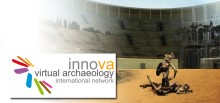
The main objective of the Network is to promote coordinated research, innovation and training among all researchers around the world, working in the field of Virtual Archeology, forging closer links between those who develop their work in public institutions and those who do so from the private sector. Continue reading
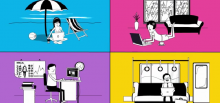
The open source semantic annotation tool Pundit is RICHES Associate Net7’s main product for the Digital Humanities. The main idea behind semantic annotation is to enable users not only to comment, bookmark or tag web pages, but also to semantically create structured data while annotating. The ability to express semantically typed relations among resources, relying on ontologies and specific vocabularies, not only enables users to express unambiguous and precise semantics, but also, more interestingly, fosters the reuse of such knowledge within other web applications. Continue reading
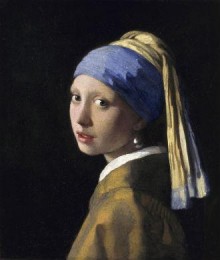
On 2 October 2014, the European Commission published two reports, coinciding with the international conference held in Rome, at the National Central Library, on occasion of the Italian Presidency of the EU. The conference aimed at urging cultural institutions in Europe to put more cultural heritage online, with the government support. The Commission will continue to monitor progress in this area through periodic reports and by chairing expert groups on digitisation and digital preservation and monitoring the correct transposition of the Orphan Works Directive. Continue reading

The International Image Interoperability Framework community is hosting a one day information sharing event at the British Library on Monday 20th October 2014 about the use of images in and across Cultural Heritage institutions. The day will focus on how museums, … Continue reading
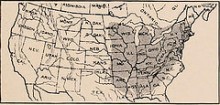
The digitization activity of libraries focuses on text, rather than on images, and makes the book pages available as PDF or text searchable works, while the illustrations are difficult to be search and found. This project recovers those parts of the page which include images: the images are cropped, cleaned up, and uploaded to Flickr along with the text that appears next to them, detailed description and searchable tags. Continue reading




